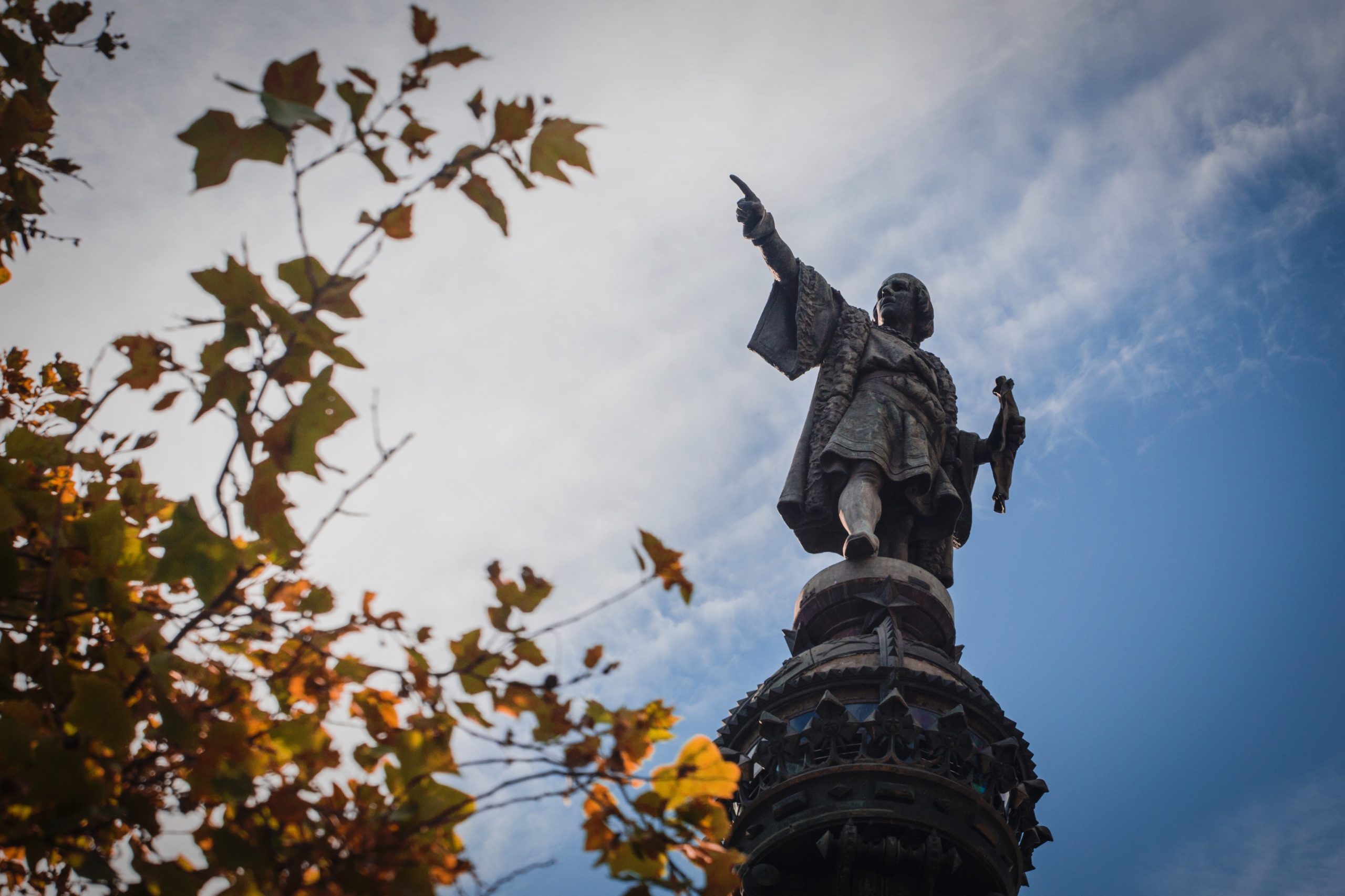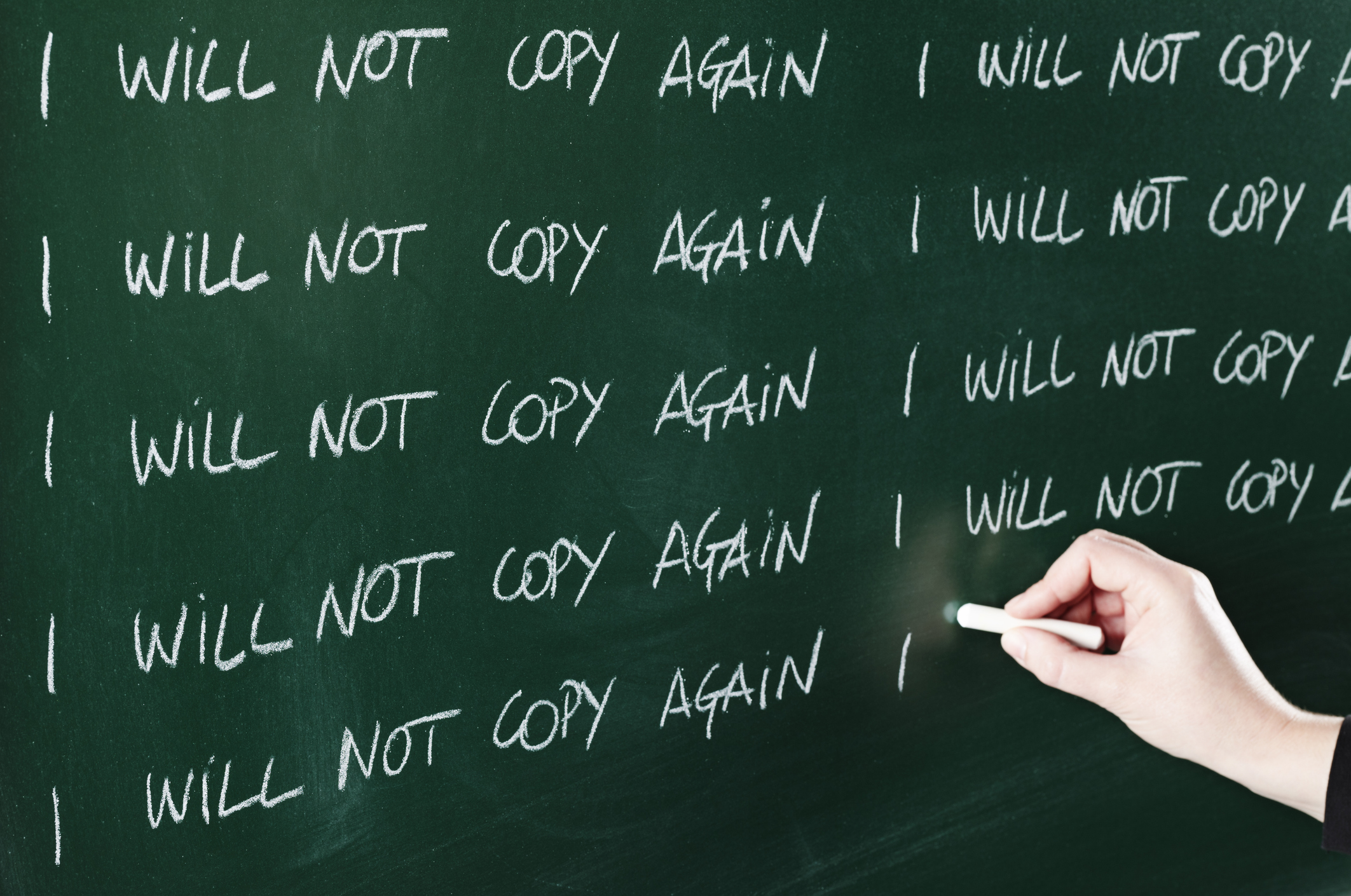Single-sex schools could help boys' classroom struggles.
The Truth About America

Trump is right: only patriotic American history can heal our deep wounds.
This week we reprinted a series of speeches given at the White House Conference on American History. As we noted, the conference was the first of its kind. On the one hand, it’s remarkable no one in power ever thought to host such a thing. On the other, it’s possible no one has ever needed one quite so much as we do now.
President Trump and his distinguished guests—among them several affiliates, friends, and one current board member of the Claremont Institute—defended things it would have been laughable to defend during much of our country’s history. Not because those things are indefensible, but because they have not been seriously up for debate except in our worst and most fractious moments. These things were once the core of our national consensus, the context within which we had all our other discussions and debates.
“On this very day in 1787,” said Trump, “our Founding Fathers signed the Constitution at Independence Hall in Philadelphia. It was the fulfillment of a thousand years of Western civilization. Our Constitution was the product of centuries of tradition, wisdom, and experience. No political document has done more to advance the human condition or propel the engine of progress.”
There is no such thing as pride in or love for America without some version of this foundational belief. Either you think the regime described in our Constitution can work, is noble, and represents a serious advance in the history of nationhood, or you think America ought to be transformed beyond recognition.
We at the Claremont Institute are dedicated to proving, emphatically and without qualification, that a full endorsement of our country’s principles is not only a patriotic act but, intellectually and morally, an unimpeachable one. That entails insisting that the history of our country is one of dedicated human striving toward the highest ideals, and the most prudent political enactment of those ideals, possible on this earth.
Our country was not founded in racism—it was in fact conceived as a uniquely ambitious effort to abolish racism and destroy its intellectual foundations in the West once and for all. That project, over time and through much tragic hardship, has been successful beyond even what its architects may have dared to hope. The cost of that success—in patient intellectual effort, in wrenching expenditure of blood and treasure—has been enormous. But it was worth the cost and would have been worth more. America is a wonder of the world.
This is not what many Americans today think, because it is not what they have been taught. The results of a dedicated, decades-long effort to undermine the foundations of America’s faith in itself are now visible. Today that effort is led most visibly by Nikole Hannah-Jones of the New York Times’s 1619 Project, but insidiously supported by Critical Race Theory training sessions in board rooms, small businesses, and until recently the halls of federal government agencies around the country. There is a diabolical genius to the way this effort has proceeded, in that it has involved both brute intimidation—in the form of cancel culture and its attendant threats of unemployment or unpersoning—and psychological subversion—in the form of an attack on our nation’s history.
It is this latter and more serious offensive against American civic life that President Trump has undertaken to countermand with his 1776 Commission for the promotion of patriotic education. Like the Progressives and Marxists who went before her, Hannah-Jones and her co-conspirators seek to erode American confidence in the basic goodness of our regime. If the Times, the Pulitzer Center, the ruling class, and their various minions can persuade us that the founders are not to be trusted—that they were disingenuous about their aims, that their timeless truths were actually self-serving lies, that the Constitution they composed has fallen fatally out of date—then they will convince us to commit national suicide all on our own.
The effectiveness of that approach is visible already in the insurrectionary violence that now routinely convulses American cities. Such violence is, by Hannah-Jones’s own admission, exactly what she wants and knows how to achieve. As many speakers at the White House Conference pointed out, it is the long subversion of American History—from the elementary school level on up to the universities—that has at last born this bitter fruit of civil unrest.
Trump is wise to fight this domestic terrorism on its own terms—to root Critical Race Theory out of federal training sessions at the heroic urging of Claremont alumnus Christopher Rufo, for example, and to insist that Americans be taught the real history of their country once again.
An objection frequently made to such efforts by both useful idiots and partisan hacks is that remaking American education somehow amounts to propagandistic indoctrination or even a breach of the First Amendment. This is a spectacularly puerile response. As Plato and Aristotle taught, all education just is shaping the soul to love some things and avoid others. Those aversions and loves, once engrained in the hearts of the young, find their expression through the political life in which those young grow up to participate.
Our school system already indoctrinates our nation’s youth in a most dishonest and dangerous manner. Since Howard Zinn’s ridiculous People’s History of the United States became standard in American high schools, and the AP U.S. History curriculum took its cue from Zinn’s calumny, we have been teaching children to hate our country by allowing radicals to lie through their teeth about it: they’ve taught for many years now that America is racist and evil at its core.
There is no alternative now or ever but to teach the opposite, that is, the truth: that America’s history is a story of triumph, that the country we live in is the world’s greatest hope even now, that she is worthy of nothing but love and, if it comes to it, the very extremes of self-sacrifice. We commend President Trump and his team for boldly leading after so many others failed to do so. But more remains to be done—much more.
In his Farewell Address, President Ronald Reagan catalogued his successes—and, by his own admission, his one great failure. In his day, he said, “We were taught, very directly, what it means to be an American, and we absorbed almost in the air a love of country and an appreciation of its institutions.” If not from family and neighborhood, “you could get a sense of patriotism from school” or even “from the popular culture.”
But as America was “about to enter the ’90s,” Reagan noted that “Younger parents aren’t sure that an unambivalent appreciation of America is the right thing to teach modern children.” “An informed patriotism,” he said, “is what we want”—but “are we doing a good enough job teaching our children what America is and what she represents in the long history of the world?”
In the aftermath of the “Reagan Revolution,” Reagan himself warned that “our spirit is back, but we haven’t reinstitutionalized it.” He went out of his way to note that “well-grounded patriotism is no longer the style” for the creators of culture.
Reagan then warned: “If we forget what we did, we won’t know who we are. I am warning of an eradication of that—of the American memory that could result, ultimately, in an erosion of the American spirit.” The American spirit is now in crisis precisely for this reason.
In response, as Reagan said, “We’ve got to teach history based not on what’s in fashion but what’s important.”
In every high school classroom, in every boardroom, in every university, we must fight at every level to restore America’s sense of herself. If we lose this fight, we lose America. But we can yet win.
President Trump points us in the right direction.
The American Mind presents a range of perspectives. Views are writers’ own and do not necessarily represent those of The Claremont Institute.
The American Mind is a publication of the Claremont Institute, a non-profit 501(c)(3) organization, dedicated to restoring the principles of the American Founding to their rightful, preeminent authority in our national life. Interested in supporting our work? Gifts to the Claremont Institute are tax-deductible.
What's today really about?
The dark history of the radical Left's enforcement arm.
The dark money network shaping the Biden Administration and America’s schools.
The collapse of academic standards is a function of racial preferences.
Texas voters punished Republican legislators who opposed school choice.






